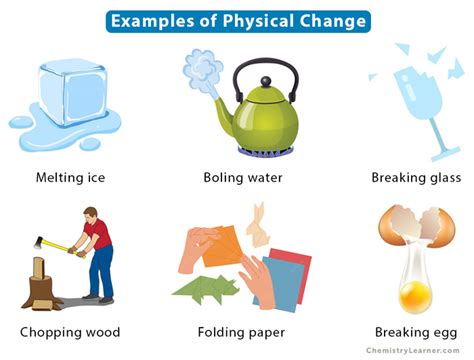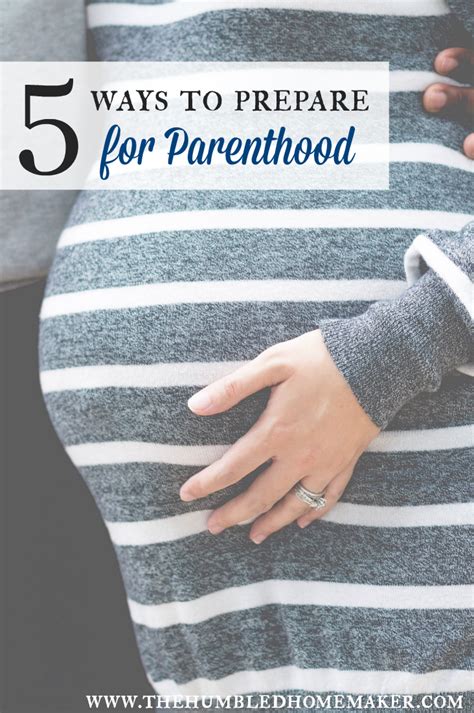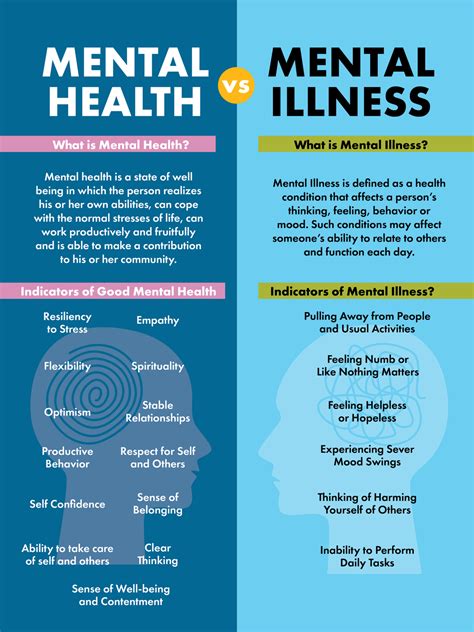Intro
Discover 7 essential tips for week 28 of pregnancy, covering fetal development, pregnancy symptoms, and prenatal care to ensure a healthy trimester, including nutrition advice and stress management techniques.
As you approach the 28th week of your pregnancy, you're likely to experience a mix of emotions - excitement, anxiety, and anticipation. This period is crucial, and being informed about what to expect and how to navigate it can make a significant difference. Your baby is growing rapidly, and their development is in full swing. It's essential to stay healthy, both physically and mentally, to ensure a smooth journey for both you and your baby.
At 28 weeks pregnant, you're almost at the end of your second trimester. This phase is characterized by significant fetal development, preparation for breastfeeding, and noticeable physical changes in your body. Understanding these changes and taking proactive steps can help you manage your health and well-being. From dietary adjustments to managing symptoms and preparing for parenthood, there's a lot to consider.
Your healthcare provider will be closely monitoring your progress, but it's also important for you to be aware of the milestones and potential challenges that come with this stage of pregnancy. By staying informed and taking care of yourself, you can ensure the best possible outcomes for your baby and yourself. Whether it's dealing with common discomforts, planning for the baby's arrival, or maintaining a healthy lifestyle, being prepared is key.
Physical Changes and Symptoms

Managing Common Discomforts
Managing common discomforts such as back pain, leg cramps, and heartburn can make a big difference in how you feel. For back pain, maintaining good posture, taking regular breaks to stretch, and considering prenatal massage can be helpful. Leg cramps can be alleviated by staying hydrated, stretching regularly, and sometimes, taking magnesium supplements under the guidance of your healthcare provider. Heartburn can be managed by eating smaller, more frequent meals, avoiding trigger foods, and elevating the head of your bed.Nutritional Advice

Importance of Prenatal Vitamins
In addition to a balanced diet, prenatal vitamins play a critical role in filling any nutritional gaps. These vitamins typically contain folic acid, iron, and calcium, which are essential for your baby's development and your health. Folic acid, for instance, is crucial for preventing neural tube defects, while iron supports the production of red blood cells. Always consult with your healthcare provider before starting any supplements to ensure they are right for you.Preparing for Parenthood

Building a Support Network
Building a support network is vital for new parents. This can include joining prenatal classes or online communities where you can connect with other expectant parents, sharing experiences, and gaining insights. Your healthcare provider can also be a valuable resource, offering advice and reassurance as you navigate the final stages of pregnancy and the early days of parenthood.Mental Health and Well-being

Coping with Anxiety and Depression
Coping with anxiety and depression during pregnancy requires a compassionate and proactive approach. This might involve therapy sessions, support groups, or, in some cases, medication under the guidance of a healthcare professional. Practicing self-care, such as getting enough rest, eating well, and staying active, can also help manage symptoms. Remember, seeking help is a sign of strength, and prioritizing your mental health benefits both you and your baby.Staying Active and Healthy

Benefits of Prenatal Exercise
The benefits of prenatal exercise are well-documented. Regular physical activity can help prepare your body for labor, reduce the risk of gestational diabetes and hypertension, and improve your overall physical and mental well-being. Additionally, exercising during pregnancy can help with weight management after the baby is born, making it easier to get back into shape.Final Preparations

Creating a Birth Plan
Creating a birth plan can help you feel more in control and prepared for the birth of your baby. This plan should include your preferences for labor, delivery, and postpartum care. Consider factors like pain management, labor positioning, and whether you want to bank your baby's cord blood. Discussing your birth plan with your healthcare provider can ensure that everyone is on the same page and can help make your birth experience as positive as possible.What are the most common symptoms at 28 weeks of pregnancy?
+At 28 weeks, common symptoms include back pain, frequent urination, mood swings, and dizziness due to increased blood volume.
How can I manage back pain during pregnancy?
+Managing back pain involves maintaining good posture, taking regular breaks to stretch, and considering prenatal massage. Sometimes, physical therapy or supportive gear like a belly band can also be helpful.
What are the benefits of prenatal exercise?
+Prenatal exercise can help prepare the body for labor, reduce the risk of gestational diabetes and hypertension, improve mood, and aid in weight management after pregnancy.
As you continue on your pregnancy journey, remember that every experience is unique, and what works for one person might not work for another. Staying flexible, being open to advice, and prioritizing your health and well-being are key. Don't hesitate to reach out to your healthcare provider or support network when you need guidance or just someone to talk to. By being informed and prepared, you can navigate the challenges of pregnancy with confidence and look forward to the joy of meeting your baby. We invite you to share your thoughts, experiences, or questions in the comments below, and don't forget to share this article with anyone who might find it helpful. Together, let's support each other through this incredible journey of pregnancy and parenthood.
